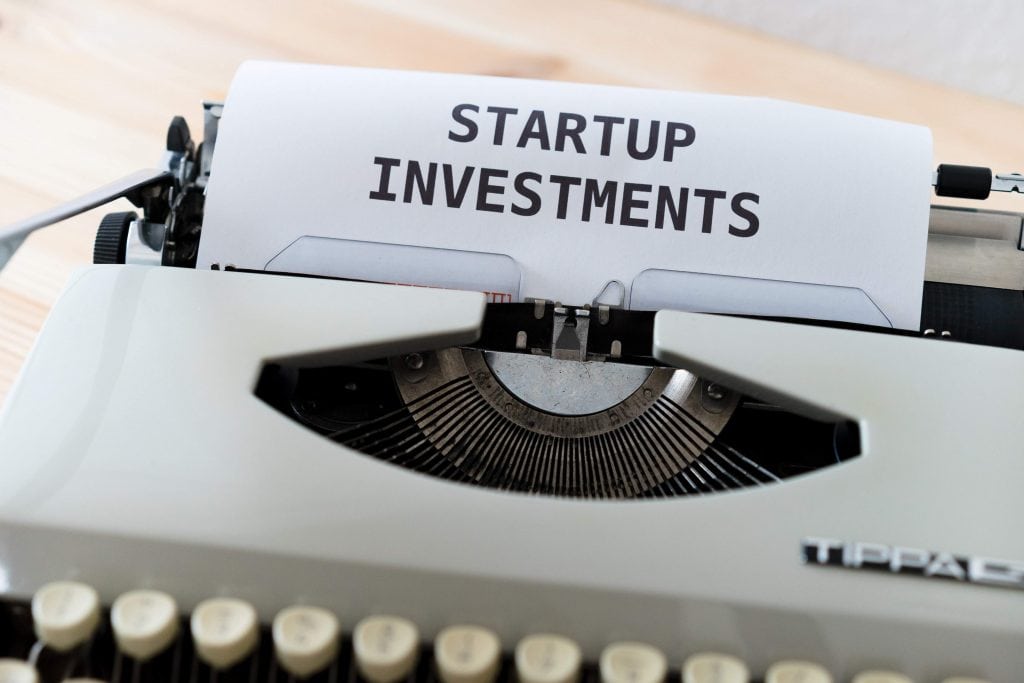Most of the startup ideas we hear about today are transformative. They bring innovative solutions to real-world problems with a drive for improving the lives of people. But, the cold truth is that many of them don’t get to make it. They fail to grow, prosper, or in unfortunate situations, exist.
One of the major reasons why startups fail to sustain themselves is because they don’t follow the right steps of an entrepreneurial process. For example, they do not properly manage the cash flow and so run out of cash sooner than they think. The temptation to look too flashy in the eyes of the customer, lack of oversight as to what’s coming and an inability to prioritize the funding process can lead to this cash burnout.
The cost of a failed startup is greater than the cost of starting one—think about all the resources, time, and money that goes into the entrepreneurial process only to lose your return at the end. This is why startup entrepreneurs need to be clearheaded about their management of the business. If you have enough capital for spending, it’s easy to be the crazy shopper on a shopping spree hoarding anything and everything that shines in the eyes. In an attempt to create a perfect business, you can fall into the trap of lavish spending on things that are very much avoidable. Here are some suicidal spending mistakes startups and small businesses make.
1. Creating an oasis instead of an office

As a novel startup or a small business entrepreneur, you can easily fall under the impression that having a well-equipped, cozy-looking office space is important to lure clients. But, as the expensive rent begins to grab sizeable bites out of your sales or capital every month, you will feel the pressure.
Eventually, you won’t have enough funds to pay your employees or allocate for utilities that are more important to keep the business running. Sooner or later, your comfy couch can slip away, and so will your dream if you don’t act fast enough.
One of the U.K’s startups, Powa, a smartphone selling company, failed due to its founder’s overspending on lavish offices. In addition, the owner was also more focused on hosting extravagant parties, which is another wasteful means of spending a company’s important capital.
If you can work in a shared office space or at home, it will help you lower expenses greatly. Remember that Amazon.com was born inside Jeff Bezos’s garage. Also, today, it is possible to begin and run certain small businesses with remote work. So, before you are on the lookout for an office, ask yourself whether your business really needs one!
2. Employing too many people

Overstaffing your small business before the actual need arises is another way you can end up broke. This is because wages and salaries are a major cost incurred by businesses of any scale.
The startup Beepi.com, an online second-hand car marketplace, is a classic example of this. The company was overconfident of its growth and hired around 300 people with very high pay for its executives. Needless to say, the company ran out of money very soon and failed despite raising $149-million.
If your small business begins to experience a rise in demand for the product/service, the prospect of growth can take over. You might think it’s necessary to expand by recruiting more employees. This can be a huge mistake if your business doesn’t have the long-term potential to manage these overhead costs. Hire the bare minimum number of employees who are capable of handling multiple roles.
Also, startups should always rely on the most cost-effective methods of employment. The cost of recruitment and hiring a full-time employee is much higher than outsourcing your needs from freelancers or part-time employees on a contract basis. So, have a few full-time employees to fulfill the indispensable tasks and outsource the rest. It is very important to wait until your business achieves a considerable amount of maturity. Then you can look for ways of solid expansion.
3. Too many perks, too early

Another grave mistake startups tend to make is the provision of lavish perks to their employees with the motive of attracting and retaining top talent. As you throw your money at foosball tables, gym memberships, massages, and extravagant lunches remember that you are throwing money down the drain instead of funneling those funds towards revenue-generation.
Many venture capitalists are dismayed at how Silicon Valley startups flush their capital. According to them, a showoff of perks can give the impression that the startup has no real substance and loses its credibility as a hardworking business.
So, what startups actually have to focus on is to get a team of employees willing to grow with the company, making sacrifices along the way as opposed to taking mere advantage of fancy amenities. In the early years, the entrepreneur and employees have to understand that regardless of the amount of capital raised, wasting funds in this manner can lead to faster burnouts and eventually to the dreaded collapse of the organisation.
4. Expensive machinery and equipment

It’s essential to be equipped with adequate resources to run your business efficiently. But buying the best and latest version of every tool doesn’t necessarily guarantee you a cutting-edge in competition.
Startups are quick to invest in sophisticated gadgets in the beginning only to regret it later when their spending has skyrocketed. Also, startups and small businesses’ production scale doesn’t allow them to exploit the maximum benefits of such equipment until they increase their operation and achieve a significant level of maturity. Add to that, subscription fees of expensive software programs and other applications can easily impoverish you.
This is why it’s important to prioritise what you need and what you can do without. Looking for alternative, cheaper ways of acquiring supplies—such as buying second-hand tools or renting them—is a better idea.
5. Costly external training and mentorship

Many small businesses and startups tend to seek external help from leaders in the industry. While this is great, hiring them can be really expensive and take a big chunk out of your funds.
Training and endorsements from industry leaders are a good idea if you are a thriving business. However, if you’re just starting out, allocating funds towards outsourcing expensive services instead of looking for ways of empowerment and development from within can stagnate your startup journey.
6. Ineffective marketing channels

Marketing and advertising are integral for the business but it’s important to make sure every promotional effort is measurable and drives the firm’s profit forward. Small businesses can fall into the hype of ‘branding’ where they go printing pens, mugs, T-shirts, and bags with their logo as a means of advertisement. In the end, these efforts don’t bring any value to the business and only flush your valuable money.
Small businesses are also quick to get into paid sponsorships and marketing campaigns, giveaways of free products in order to ‘buy’ customers. It is important to understand that this means of customer acquisitions is not very effective. You tend only to catch freeloaders who will ditch the product once the price tag is laid on it. So, instead of spending your capital this way, it’s important to drive your funds towards attracting customers more sustainably. Target your marketing efforts into customers who are actually in need of the product.
So why don’t some entrepreneurs see the warning signs?
The problem is that many small business owners don’t understand the gravity of spending on seemingly ‘minor’ things when they have enough funding. It signifies the detrimental startup culture that is promoted today, which only puts entrepreneurs under the illusion that they are elevating their business when in reality they are just flushing it down the gutter. Fortunately, some startups in Silicon Valley have learned their lesson and are tightening their belts, including the famous Dropbox. They have cut down a lot of excessive perks and are channeling their capital towards profitability, which is mutually beneficial for both the business and employees.
Conclusion? Keep it simple (for the time being at least)
It’s great to be confident but as a far-sighted entrepreneur, you should always be prepared for the worst. You cannot expect significant revenue until your business has gained enough momentum. So, until you generate consistent sales, capital might be the only luxury you have at your disposal. It’s important to be thrifty and spend only what’s absolutely necessary. So, tone down the extravaganza and keep it simple.

